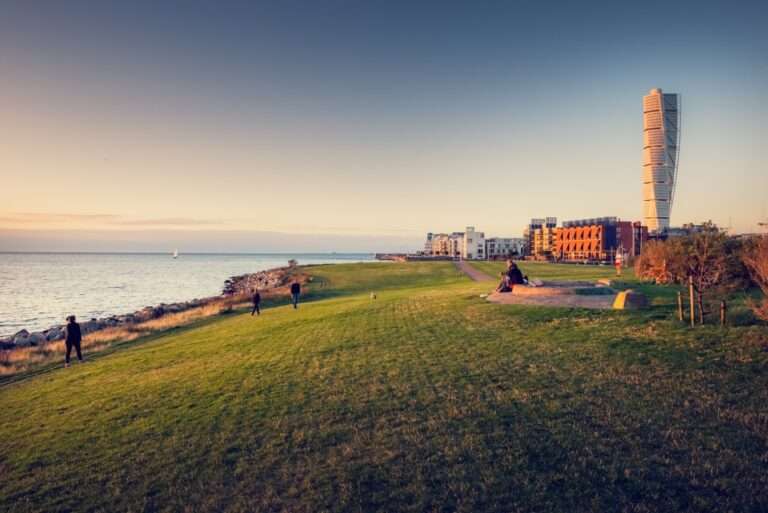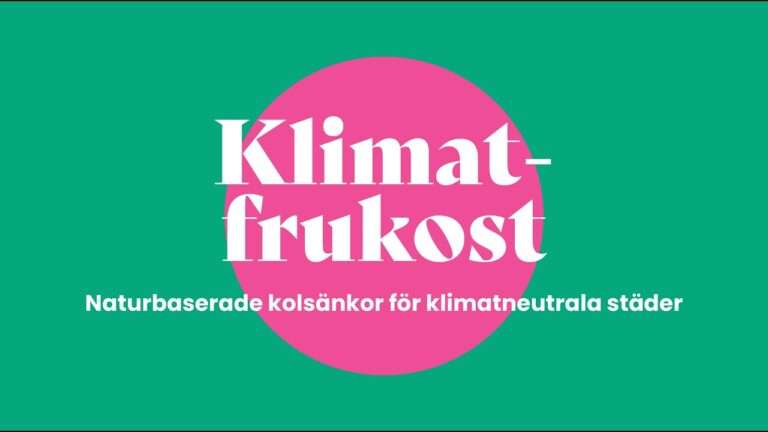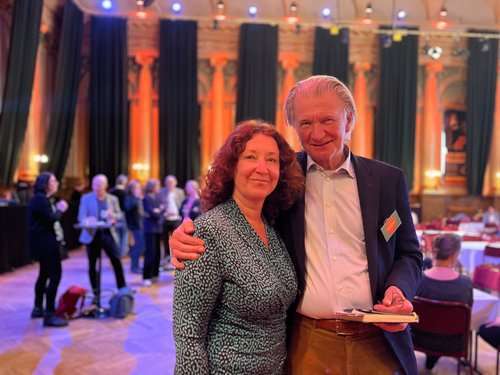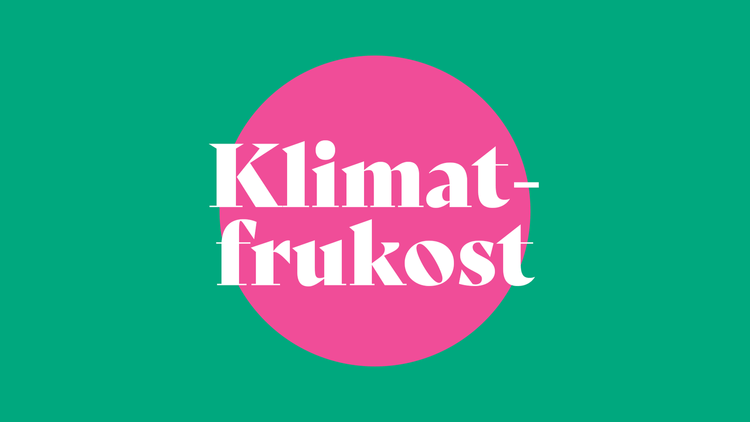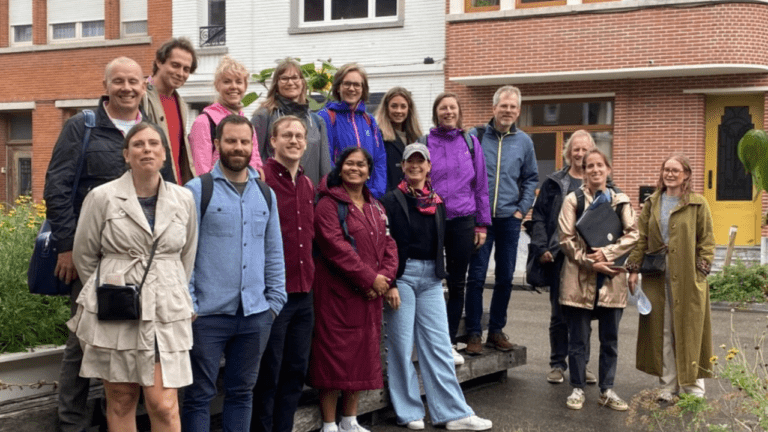
Energetic knowledge exchange between Swedish and Belgian cities
To accelerate learning among the cities that have chosen to immerse themselves in the development of climate investment plans, Viable Cities organized a study tour to Belgium. By visiting cities with different characteristics and challenges, the group gained insights, ideas and important contacts for the future. The trip brought together a mix of process managers, financial strategists, economic strategists, urban planners, environmental strategists, and researchers.
